How Industrial Robots are Impacting the Workforce
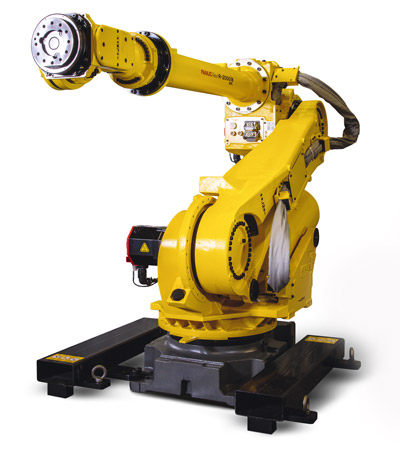
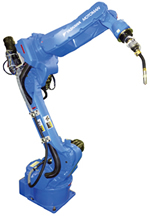
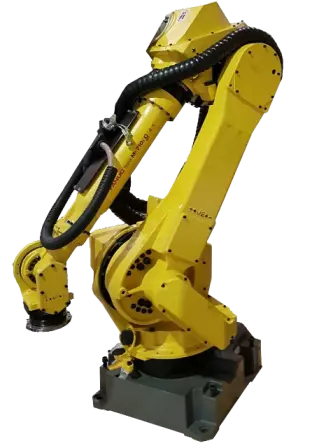
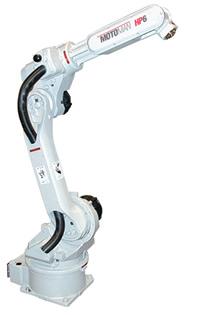
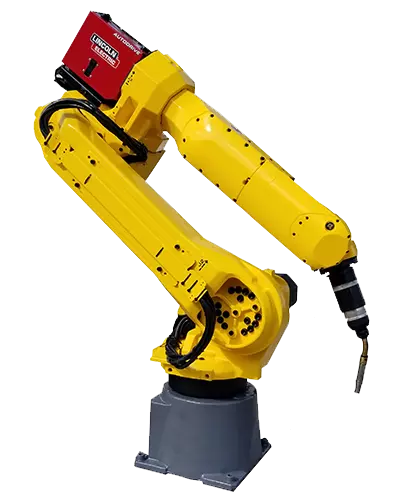
In the past one of the biggest concerns about the adoption of robotic automation was the effect it would have on the workforce. It was feared the FANUC M-20ia and other industrial robots would displace factory workers and increase unemployment. However, after several years of robotic automation growth, studies are showing the adoption of factory robots in manufacturing to have had a positive effect on the workforce. With articulated robots better and safer jobs are being created for workers while also easing the burden of traditional manual labor.
Industrial Robots Create Better Jobs
One of the biggest impacts of robotic automation on manufacturing is the creation of better jobs for human workers. Robot manipulators are designed to automate dull, dirty, and dangerous tasks. These types of jobs are highly undesirable for workers. As companies automate with the ABB IRB 4600-60 and other handling robots, new positions are needed in order to operate and manage the robotic systems. Employees are able to move away from boring and undesirable work to more critical and value adding positions. The development of cobots has also created better jobs for workers. The Universal UR5 is designed to work directly alongside workers, assisting them with manufacturing tasks. Cobots can ease the burden of repetitive and dull tasks while workers are able to focus on more critical thinking processes.Improve Work Environment Ergonomics
Adding robotic manipulators to manufacturing significantly improves the safety of the work environment for workers. Using industrial robots to automate hazardous or dangerous work removes safety risks for workers. With robotic automation workplace accidents, injuries, and illness significantly decreases. Having a safe work environment will boost employee morale as they will be more satisfied with their work. Worker burnout and fatigue will also decrease. Creating a safer work environment for employees will help prevent high turnover and allow for better employee retention rates. When employees are happy with their workplace, they are less likely to leave.Supplement Manual Labor
In recent years, many manufacturers have been facing severe worker shortages. A large number of manual workers have reached retirement age while others have simply become burnt out from the laborious work. Manufacturers have struggled to fill positions as many available workers are no longer willing to take manual labor jobs. Manufacturing robot arms are an excellent option to fill vacant manufacturing jobs. With the Yaskawa GP50 manufacturers immediately inherit the skillset of a seasoned welder. Filling vacancies with industrial robot arms relieves manufacturers from searching for workers and prevents future turnover issues. One assembly robot can easily replace several workers allowing for labor gaps to be quickly filled. Industrial robots can also scale up productivity. Should additional labor shortages or periods of higher demand occur, robotic systems can still meet the required output needs without adding additional equipment or personnel.Increase Worker Productivity
Industrial robots can also increase worker productivity. The automation of tedious and repetitive tasks eliminates bottlenecks. Workers are no longer bogged down by busy work. Instead, they can focus on more critical aspects of manufacturing while robots take on repetitive tasks, easing the workload of employees.Robots Done Right is the place to start when it comes to used robots. Contact us if you are interested in buying or selling a used robot.